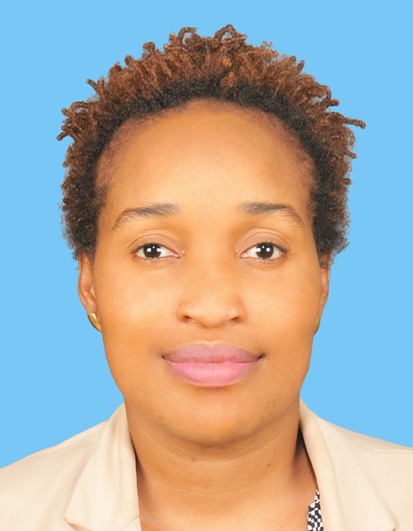Solidaridad - a new Partner of MARKUP
 MARKUP’s newest implementing partner is Solidaridad, the international civil society NGO, has begun work on Result 2 in Tanzania, working in the horticulture, tea and coffee sectors. The aim of the intervention is to improve access and compliance with voluntary sustainability standards.
MARKUP’s newest implementing partner is Solidaridad, the international civil society NGO, has begun work on Result 2 in Tanzania, working in the horticulture, tea and coffee sectors. The aim of the intervention is to improve access and compliance with voluntary sustainability standards.
Mary Mkonyi, Tanzania Country Manager, has been travelling to the field meeting with farmers to better understand their current situation and needs. “We find the market first, and then work backwards with producers to engage in that market. There are so many organisations working with farmers on the production and infrastructure side. Our experience is that without a market to sell to, the investment and effort is wasted.”
Mary has also seen too many farmers not able or willing to invest in their own future, and asking for handouts rather than working towards improved marketability and investing in what’s needed to improve yields and quality themselves. Many farmers have had a lot of training and the opportunity to learn how to improve their livelihoods, but it’s the step towards sustainability that is often missing.
Solidaridad will be focusing on helping find or create markets as well as complying to sustainability standards, which will help growers compete in the marketplace. By helping farmers with innovative techniques – better seeds and seedlings, technology to optimise water and fertiliser – they hope to demonstrate the benefits of investing. The assurance of a market at the end should help to show that this is a valuable investment. “We want to show the benefits of long-term investment in certification for example, as we know this is what the higher end of the market is calling for. Proof of quality brings more money, and so investing in quality assurance will bring returns in time.”
Solidaridad also bring their organisational ethos to their MARKUP work, pushing for no discrimination and gender equality in all they do. They will be working with 21,000 producers in Zanzibar, Mbeya, Njombe, Ruvuma and Songwe.